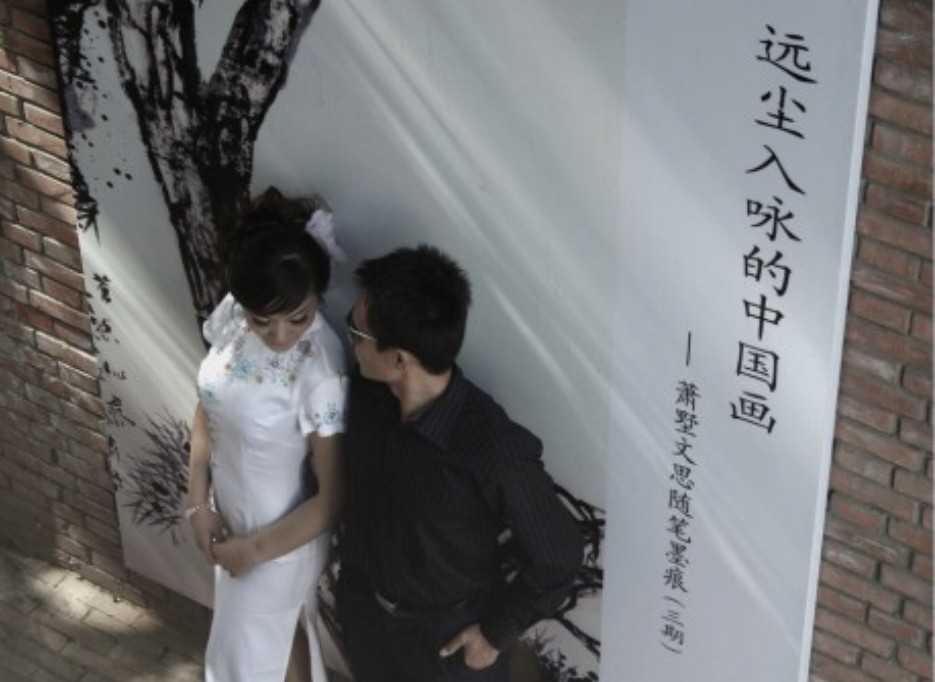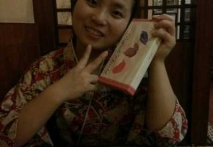学习心得
語風漢語学員ー赵娜
語風国際教育交流グループ語風漢語センターの優秀な学生である赵娜さんの感想:
仕事のニーズで、毎日たくさんの日本人と接触し、最初は...
語風漢語学員ーzack学員ーzack
皆さん、こんにちは、私はzackと申しますが、アメリカから来ました。語風漢語センターに初めて来た時に、漢語はこんなに...
語風漢語学員ー付泽东
語風国際教育交流グループ語風漢語センターの優秀な生徒である付泽东さんの感想:
皆さん、こんにちは!私の中国語の...
語風漢語学員ー任代利
語風国際教育交流グループ語風漢語センターの優秀な生徒である任代利さんの感想:
皆さんこんにちは、私は任代利と申しますが、...
語風漢語学員ー冯婷
語風国際教育交流グループ語風漢語センターの優秀な学生である冯婷さんの感想:
以前通学した時に日本のアニメ...
語風漢語学員ー徳田翔太
皆さん、こんにちは、私は徳田翔太と申しますが、今無錫のある日系企業で働いています。私はもう五年間中国語を勉強した...
語風漢語学員ー曹秋宜
語風国際教育交流グループ芥川語学センタ―の優秀な生徒である曹秋宜さんの感想:
皆さん、こんにちは、私は曹秋宜と申します、無錫市堰桥...
日语加官方
关注了解更多对外汉语资讯

0086 1866 1199 988
Sandy.Swun
無錫新区
長江一号
茂業ビジネスセンター
天山ロード8号4階405室
無錫市語風漢語教學センターは
無錫語風国際教育交流センター
-
Home > >

Three days ago, the “Third Interpretation of Several Issues concerning The Marriage Law ” was published and promulgated. Just as in the past, every time there’s a modification of “The Marriage Law,” there is a flood of cynical comments and complaints, as if an ethical earthquake has struck the foundation of our marriages and families.
In fact, the only controversy about this modification lies in the seventh item: When parents purchase, at their expense, real estate for their child after he or she is married, and register the property in the name of their child, the property is recognized to be that person’s personal property; if the real estate is purchased by parents of both sides, and the property registration is in the name of one of the spouses, the ownership is in accordance with the investment share of the total of both sides’ parents.One media commentator quipped: “ Men’s parents are laughing while women’s parents are crying,” in response to the new decree. Some people say that from now on, women’s mothers, who used to require that “the boy provide a house as a prerequisite” for marrying their daughters, should now require that “no matter whose parents paid for the house, the girl’s name is to appear in the real estate registration.”
It has been known as a precious rule for urban women: a man with a car, a house, and without living parents, is an ideal partner. Now the concept packs even more punch: if the boy’s parents are both dead, the trouble that accompanies their existence won’t appear. But then of course, women and their parents need to make a lot more effort to make sure that the wife’s name will appear on the real estate certificate.
Before this modification of the Marriage Law, it was stipulated that: when one side of the parents buys real estate for their married child, unless it is clearly expressed that the right is donated to only one party, the ownership of the real estate is presumed to be jointly shared by the couple. In other words, though the new decree makes a totally different interpretation as to how the couple share their rights, particularly in the case of divorce, both laws hold the parents’ will in absolute respect.
In theory, as long as the daughter-in-law or son-in-law fulfills his or her filial piety, the law will not harm either party. Nevertheless, the change of the law reflects changes in Chinese society. For starters, like its super rapid economic development, China has also seen a skyrocketing divorce rate over the past six years. In Beijing, Shanghai and Canton, the divorce rates were 39%, 38%, and 35% respectively at the end of last year, according to Chinese official statistics.
But more generally, people used to care more about family ethics; while nowadays, people pay more attention to individual rights. A husband and a wife are above all two independent civil bodies, before they are a couple identified and connected by the marriage certificate.
In this way, individual rights are independent of the couple’s marital relationship. In some people’s eye, this is a rather cold way, even contrary to public order and public good.
But this reflects the transformation of the judicial meaning of marital law, i.e. if the marriage used to be defined from an ethical point of view, now it’s defined from a contractual perspective.
Some commentators say that the new judicial interpretation of the marital law will change Chinese people’s concepts about marriage itself, as well as the way women choose their husbands, and certain ideas about reproduction.
We should remember that the first document to be drawn up after the birth of the People’s Republic of China in 1949 was The Marriage Law, not the Constitution.
So is the change a bad thing after all? The demand that a man provide a woman with a house before he proposes is in its origin absurd anyway. Though it appeared to protect women’s rights, it in fact puts women in a vulnerable position.
Furthermore, both sexes should be equal and treat each other fairly. When parents have worked hard all their life and buy a house for their married son, it is also unfair that in the case of a divorce, their daughter-in-law could walk away one day with half of the property.
None of this might be acceptable for those who hold a romantic view of marriage. Still, it is the true meaning of the Marriage Law. Not meant to be morality, law is there to define rights. Rather than being a question of the Marriage Law, this debate is a litmus test for one’s very concept about marriage and the world.







